Top 5 ways to protect your privacy online
#1 Keep Your Software Up to Date
Keeping your software, including operating systems and applications, up to date is one of the easiest yet most effective strategies to protect your online privacy. Critical security patches that correct vulnerabilities that hackers could exploit are frequently included in software updates. You may reduce your vulnerability to cyberattacks by applying updates on a regular basis.
#2 Use Strong and Unique Passwords
We've all heard it before, but it bears repeating: strong and unique passwords are essential for maintaining your online anonymity. Common passwords, such as "123456" or "password," are easily guessable. Instead, create complex passwords with uppercase and lowercase characters, numbers, and symbols. Additionally, use unique passwords for each account to avoid a domino effect if one is compromised.
#3 Enable Two-Factor Authentication (2FA)
Using two-factor authentication to provide an extra layer of security can dramatically improve your online privacy protection. To access your accounts with 2FA enabled, you'll need a password and a secondary verification method, such as a text message code or biometric confirmation.
#4 Be Mindful of Phishing Scams
In recent years, phishing scams have gotten more sophisticated, posing a substantial threat to online privacy. When clicking on questionable links or sending personal information via email or social media messaging, always be cautious. Before exchanging sensitive information, double-check the sender's email address or website URL for any discrepancies.
#5 Use Virtual Private Network (VPN) Services
A VPN encrypts your internet traffic while hiding your IP address, making it more difficult for prying eyes to monitor your online activities.
It establishes a secure tunnel between your device and the websites/services you access, making third-party interception harder.
A good VPN service, such as Surfshark lifetime subscription, adds an extra degree of security while maintaining anonymity and allowing safe browsing across several devices










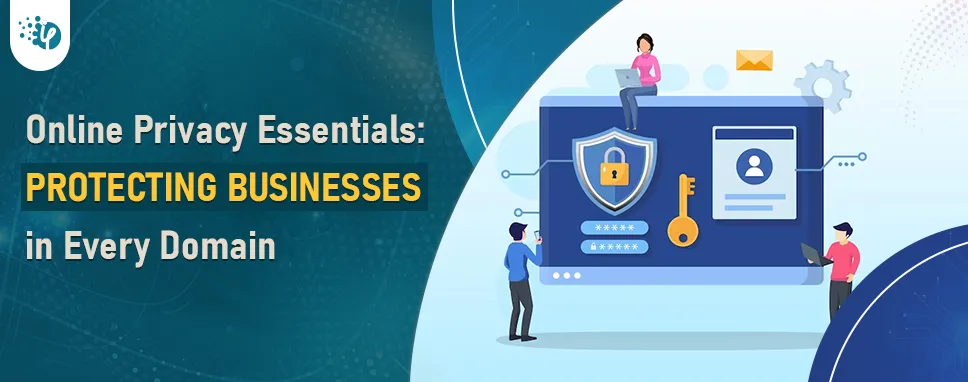
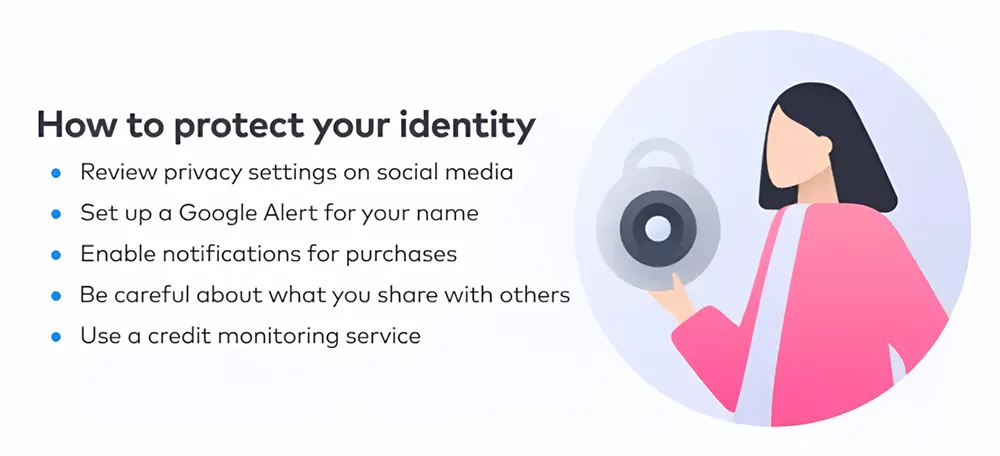
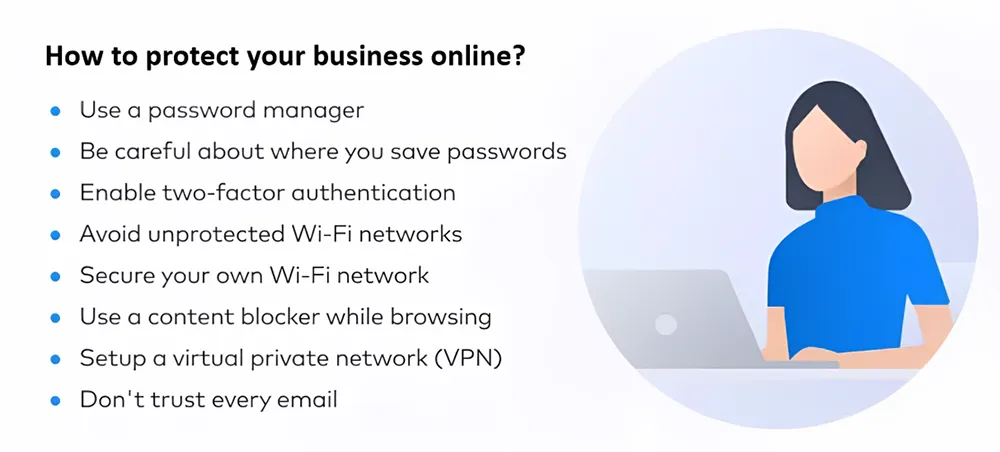



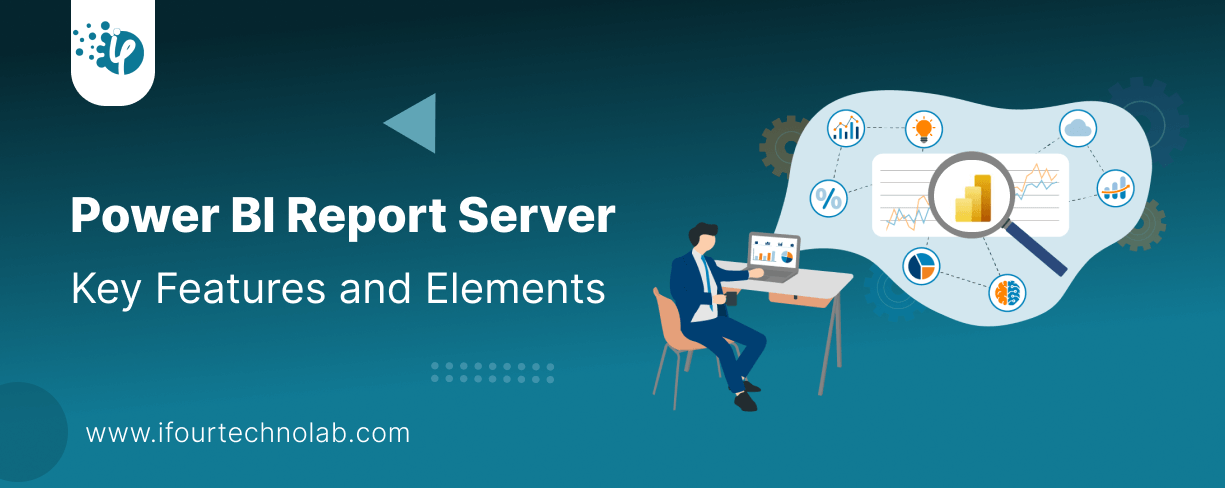
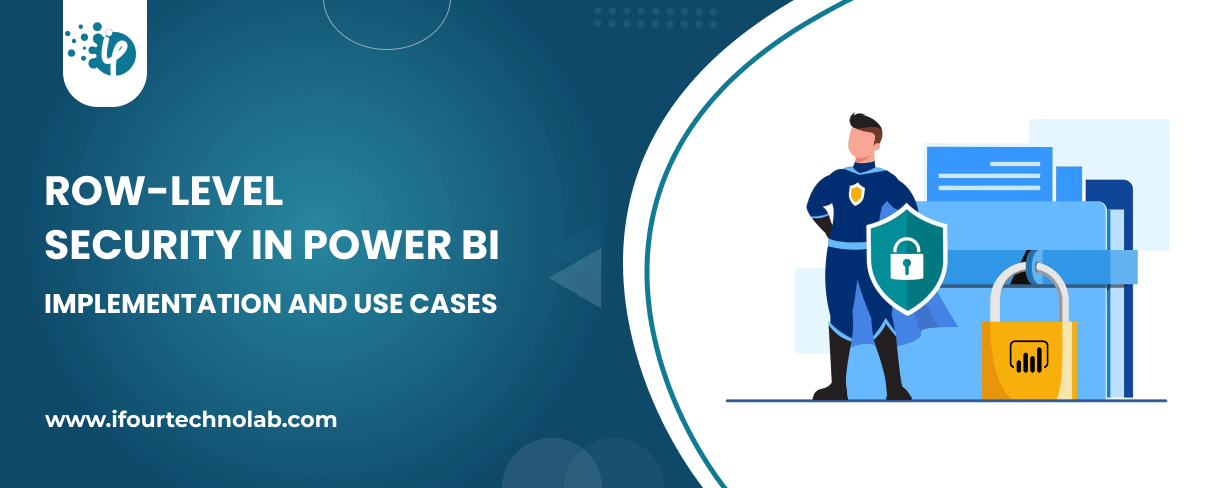
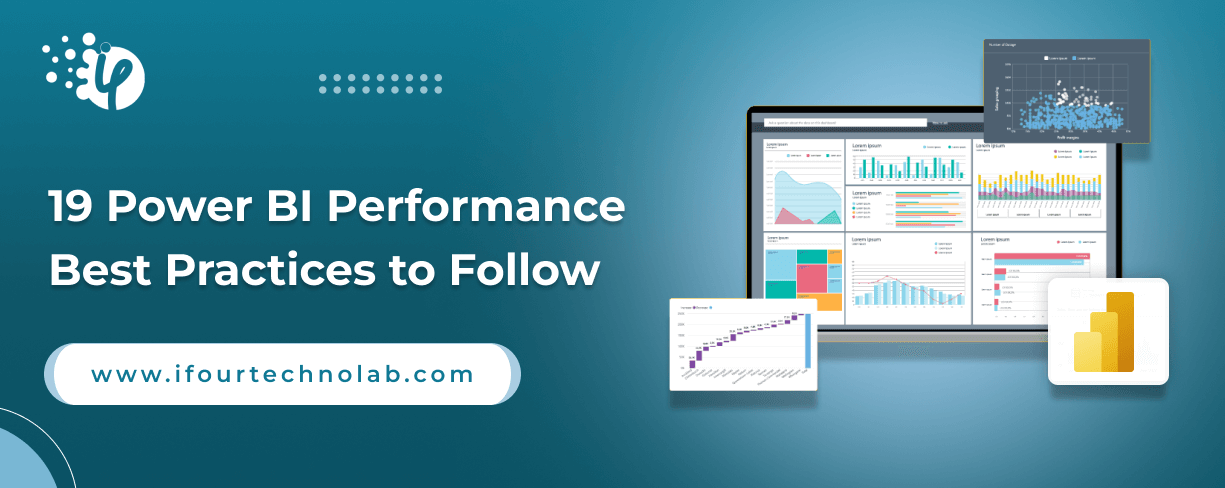
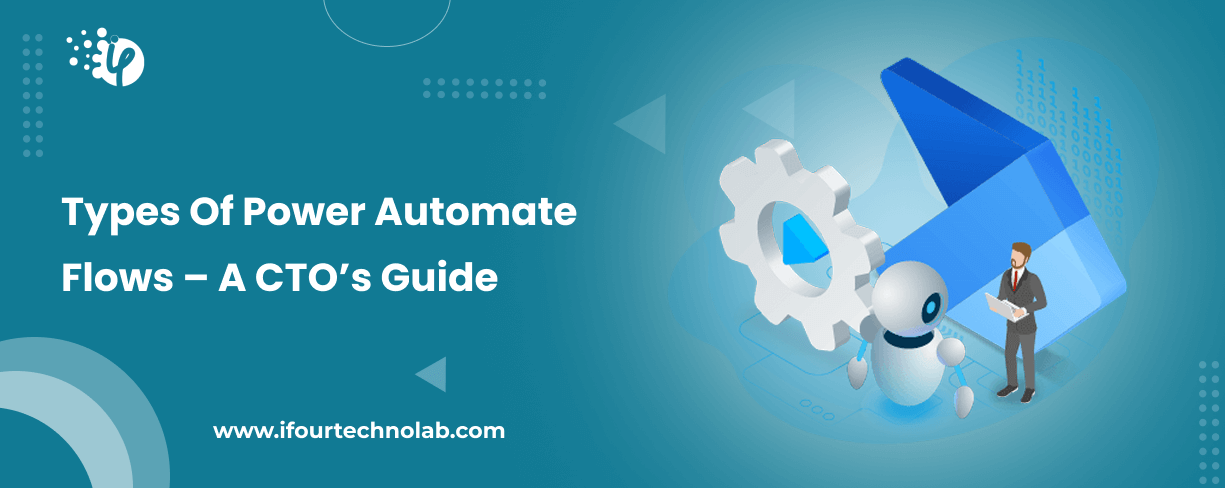
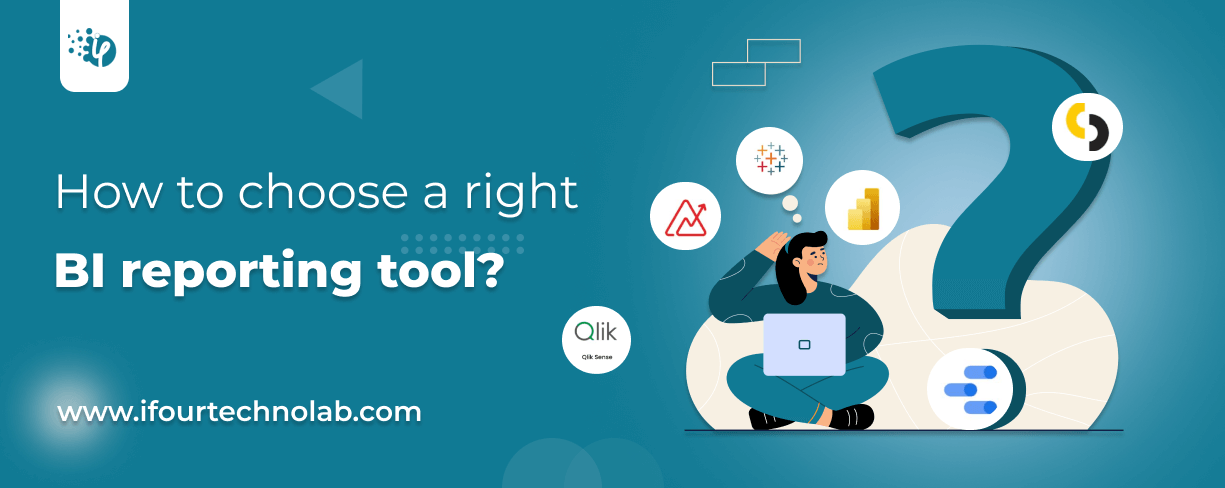


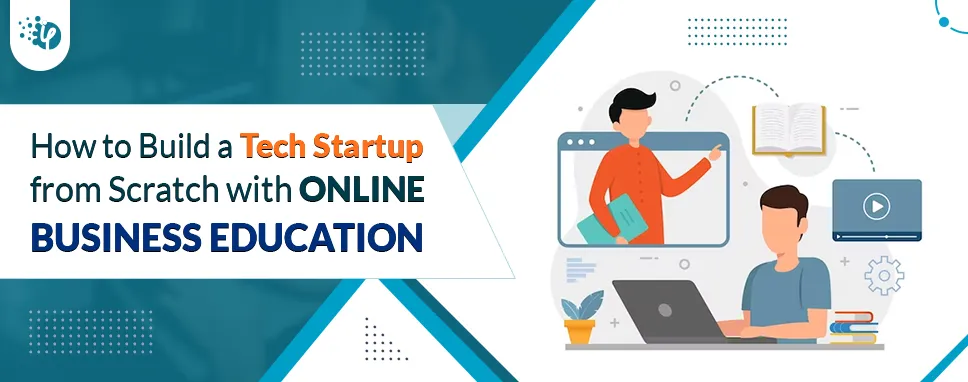

_is_transforming_the_Education_industry.webp)
